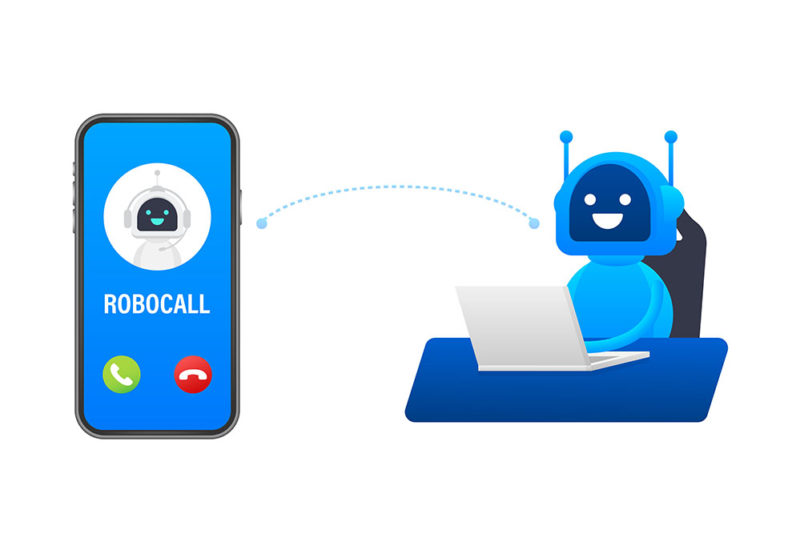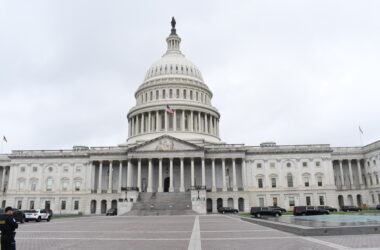The Federal Communications Commission continued its crackdown on unwanted calls to consumers, proposing a nearly $300 million fine for entities making billions of auto warranties robocalls.
The FCC announced its largest ever fine of $299.997 million on Sumco Panama and other domestic and foreign companies Dec. 21. Roy Cox Jr. and Michael Aaron Jones are accused of running the operations, which placed more than 5 million calls in the a three-month span in 2021.
According to the FCC, the billions of calls were made to more than half a billion numbers, using pre-recorded voice calls trying to get consumers to speak to a warranty specialist about extending or reinstating their car warranty.
“The fraudsters responsible for this auto warranty scam flooded phone lines across the country with these junk calls. So we took action.,” said FCC Chairwoman Jessica Rosenworcel in a released statement. “We worked with our counterparts at the Ohio Attorney General’s office to uncover the ring behind these calls and boot it off our networks. We started by giving all phone companies permission to cut off this traffic and then followed it up with an order that—for the first time in this agency’s history—flat-out directed all phone companies to block it. It made a difference. According to Robokiller, the steps we took reduced the number of auto warranty robocalls by 99 percent.
“But we are not stopping here. Because today we take additional steps to hold to responsible those behind this scam. We propose the largest forfeiture in our history—nearly $300 million—against the perpetrators of this complex scheme, which includes entities based in Hungary and Panama. Next, I want us to move to a forfeiture order and I hope that Congress will give us the authority to go to court and directly collect these fines from these bad actors.”
These robocalls violated federal anti-robocalling and spoofing laws, according to the FCC.
Under the Telephone Consumer Protection Act, robocalls – defined in part as calls using pre-recorded voice messages – to mobile phones require prior express consent from the called party – and such calls that also include telemarketing require that express consent in writing. The act also requires prerecorded messages to identify the caller at the start of the message, and requires telemarketers to include a call-back number that allows consumers to opt out of future calls.
Under the Truth in Caller ID Act, spoofing is prohibited when it is done to cause harm, including tricking consumers or defrauding them.









